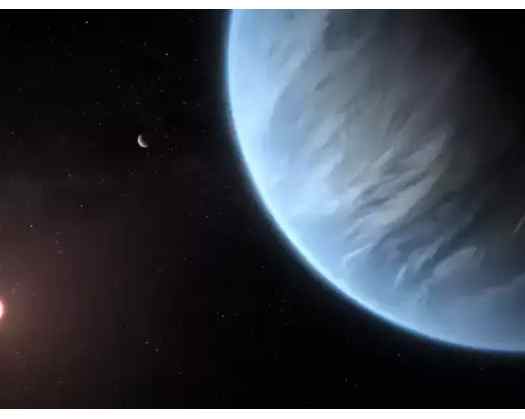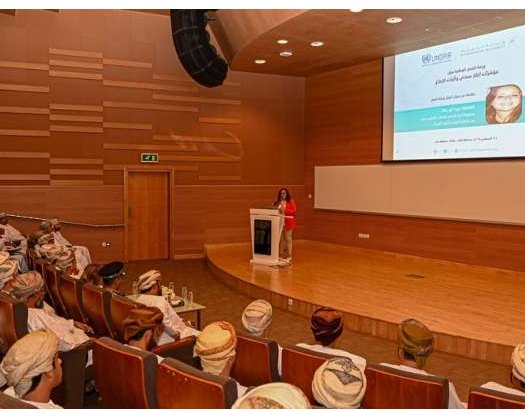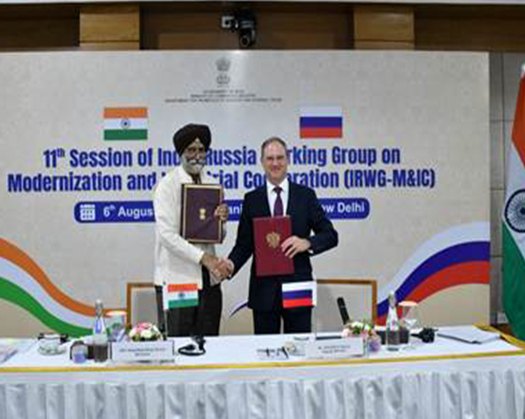A group of scientists announced on Wednesday that they have uncovered compelling evidence suggesting the potential existence of life on a large exoplanet located outside our solar system.
Nikku Madhusudhan, an astrophysicist from Cambridge University, stated, "What we are currently observing are indications of possible biological activity beyond our solar system."
During a press conference, Madhusudhan explained that the detection of chemical signatures of gases typically produced by biological processes on Earth represents the "initial signs we are witnessing of a potentially inhabited alien world."
"This marks a groundbreaking moment," he remarked to journalists at the event, which celebrated a significant discovery made with the James Webb Space Telescope.
The most compelling evidence of extraterrestrial life on K2-18 b
The research team emphasized the need for caution, clarifying that they were not claiming to have found actual living organisms and that further observations are necessary to fully understand their findings.
The study, published in the Astrophysical Journal Letters, indicated that researchers had identified a possible biosignature, which serves as an indicator of biological activity on a planet orbiting a star located 120 light-years from Earth.
Potential evidence of microbial life has been identified on a planet known as K2-18 b, which is approximately 8.6 times more massive than Earth and has a diameter about 2.6 times greater than that of our planet.
Located 120 light-years away, K2-18 b has previously been found to contain carbon-bearing molecules such as methane and carbon dioxide—essential components for life—indicating that it is an exoplanet, or a planet that orbits stars outside our solar system.
Earlier research has proposed that K2-18 b may be classified as a Hycean exoplanet, suggesting it could have a hydrogen-rich atmosphere and a surface covered by oceans of water.
Scientists emphasize the need for patience in the quest for extraterrestrial life.
Christopher Glein, the lead scientist at the Space Science Division of the Southwest Research Institute in Texas, refers to K2-18 b as "a tantalizing world," but cautions that the scientific community must rigorously validate the data.
Sara Seager, a planetary science professor at MIT, also calls for patience, recalling a previous instance where initial claims of water vapor in K2-18 b's atmosphere were later found to be due to a different gas.










